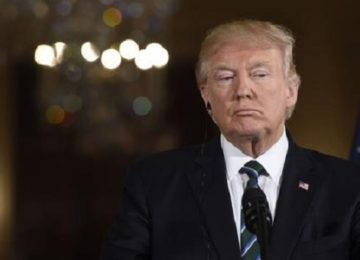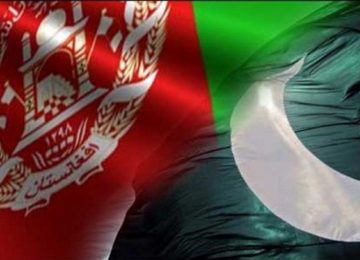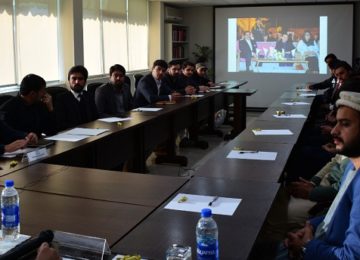A top Pakistani army general has called the expanding war in Afghanistan ‘collective failure’ as he insists that there is no military or outside solution for the violence.
Speaking during a gathering in United Kingdom, Pakistan’s Chairman Joint Chiefs of Staff Committee (CJCSC) General Zubair Mahmood Hayat, said Afghanistan’s problems lie within Afghanistan and there is no military solution to the problems of Afghanistan as outside formulas are unlikely to yield any positive results.
Amid rising pressures to eliminate the sanctuaries of the Afghan militants in its soil, Gen. Hayat said “you cannot blame a country, an individual or a country and an institution for the failures that are collective,” according to the local newspaper, The News.
“Pakistan has tried and will try its best to partner with all forces towards reconciliation between various factions so that there is peace and stability inside Afghanistan,” he said, adding that Pakistan stands committed to
trying to stabilise Afghanistan but we will play our role. We have cleared our area and we are in the process of building 900 posts alongside Afghanistan-Pakistan border, we are in the process of building a fence between Af-Pak border, we are constructing gates where there will be no entry without documents and identity will be proven either way. These steps are being taken so that no bad crossing takes place and we want others to partner with us on these accounts”.
This comes as the Afghan officials have long been insisting that the growing instability in the country has direct links with the Taliban and Haqqani network sanctuaries remaining intact in Pakistan.
The pressures by Washington on Pakistan regarding the safe havens of the terror groups are also on the rise after the announcement of the new strategy by US President Donald Trump last month.
President Trump said “For its part, Pakistan often gives safe haven to agents of chaos, violence, and terror. The threat is worse because Pakistan and India are two nuclear-armed states whose tense relations threaten to spiral into conflict. And that could happen.”
He said the next pillar of the new strategy is to change the approach and how to deal with Pakistan, emphasizing that we can no longer be silent about Pakistan’s safe havens for terrorist organizations, the Taliban, and other groups that pose a threat to the region and beyond, emphasizing that Pakistan has much to gain from partnering with our effort in Afghanistan. It has much to lose by continuing to harbor criminals and terrorists.
This piece originally appeared on Khaama Press on September 10, 2017. Original link.








